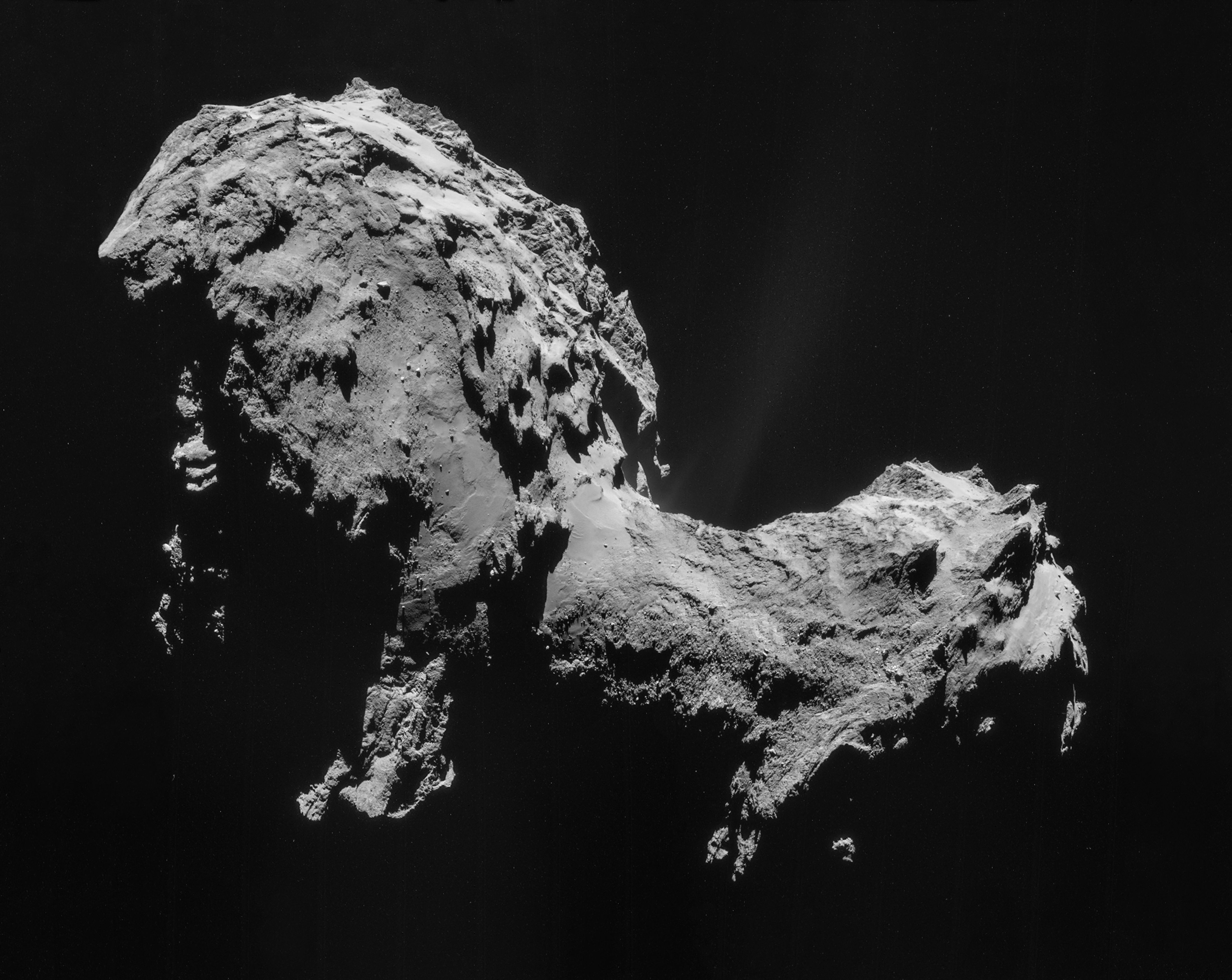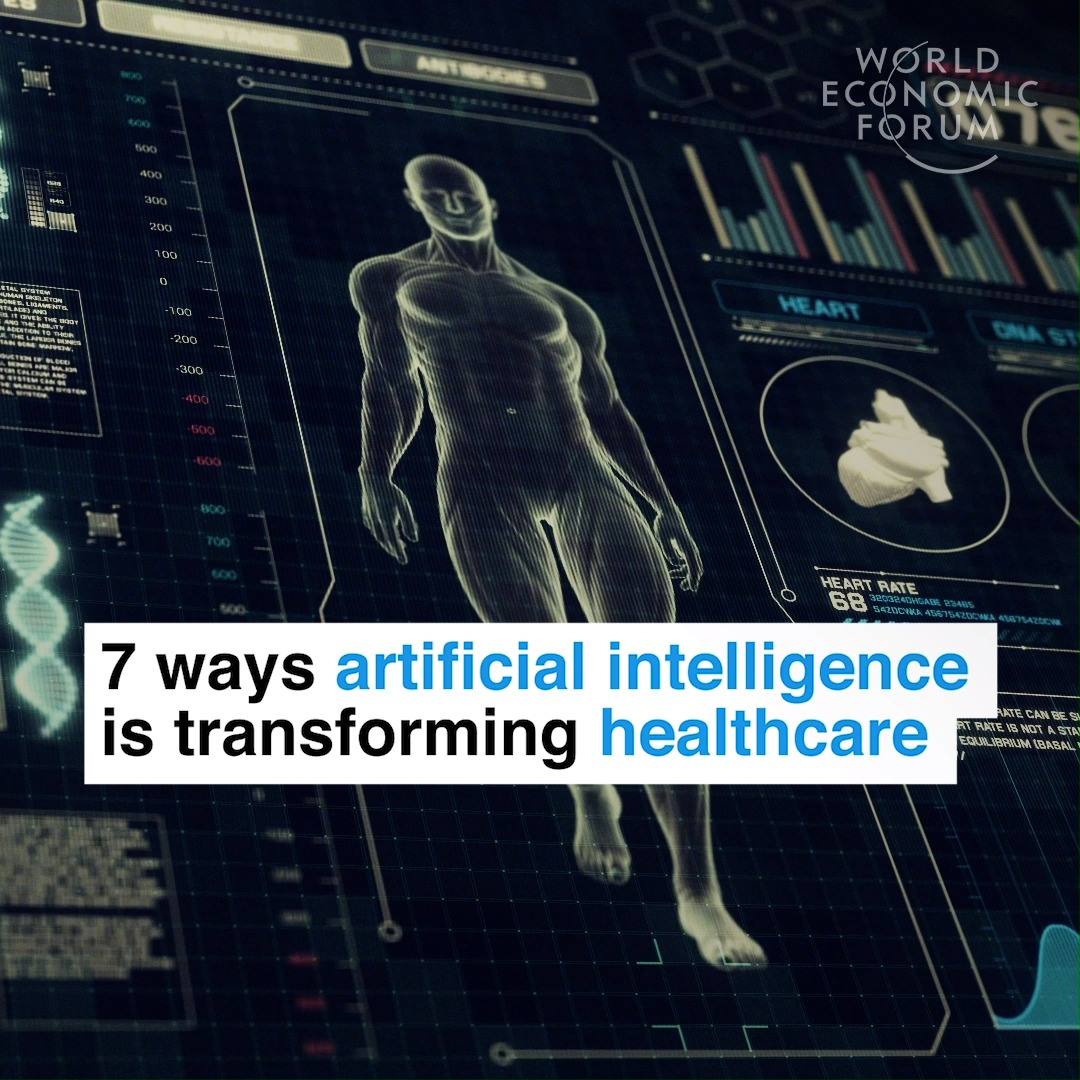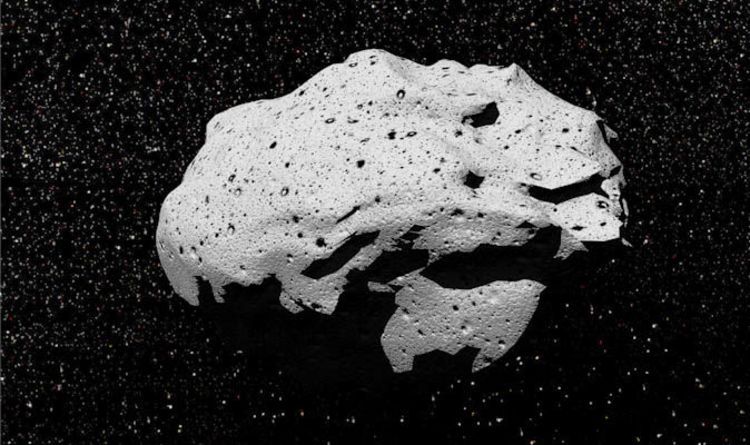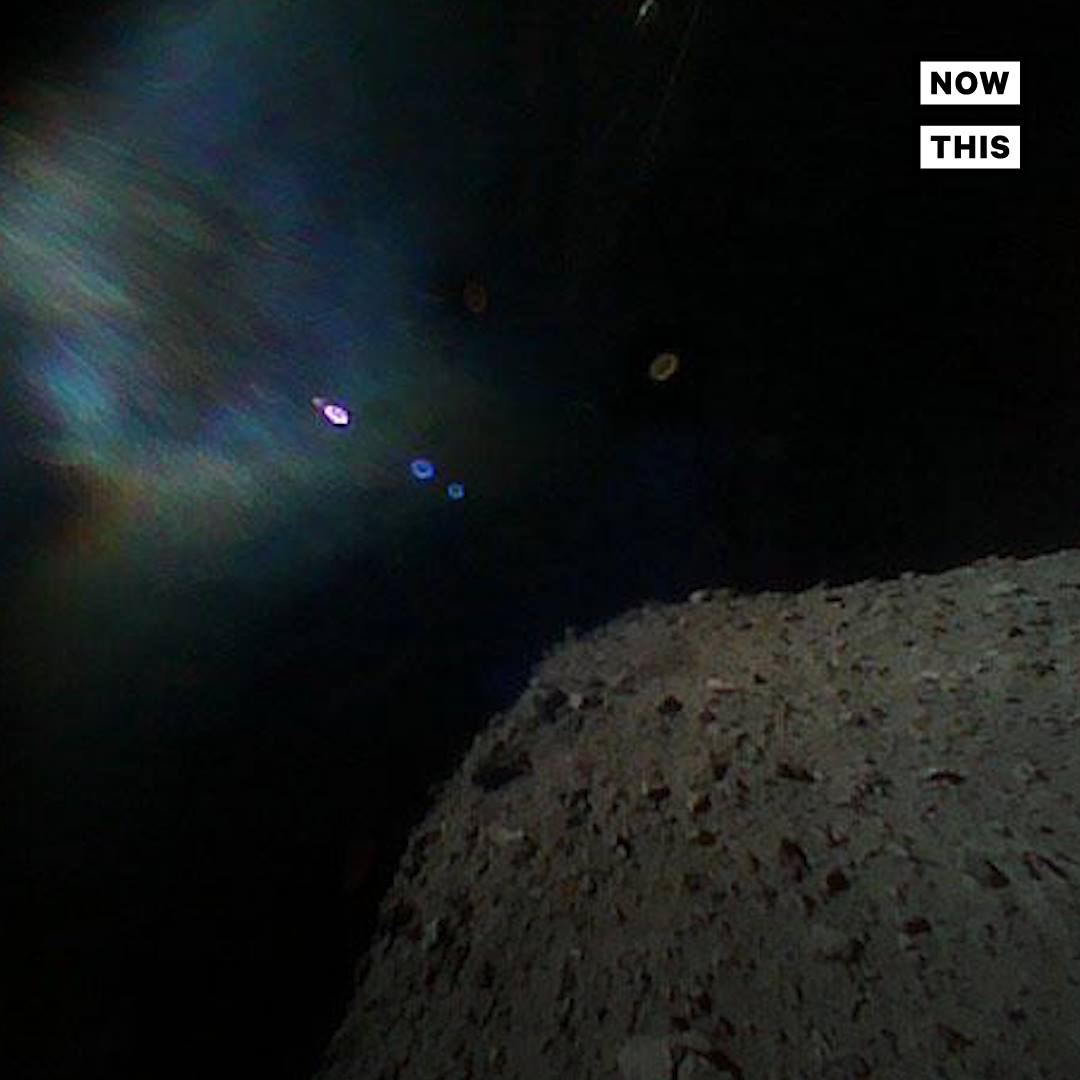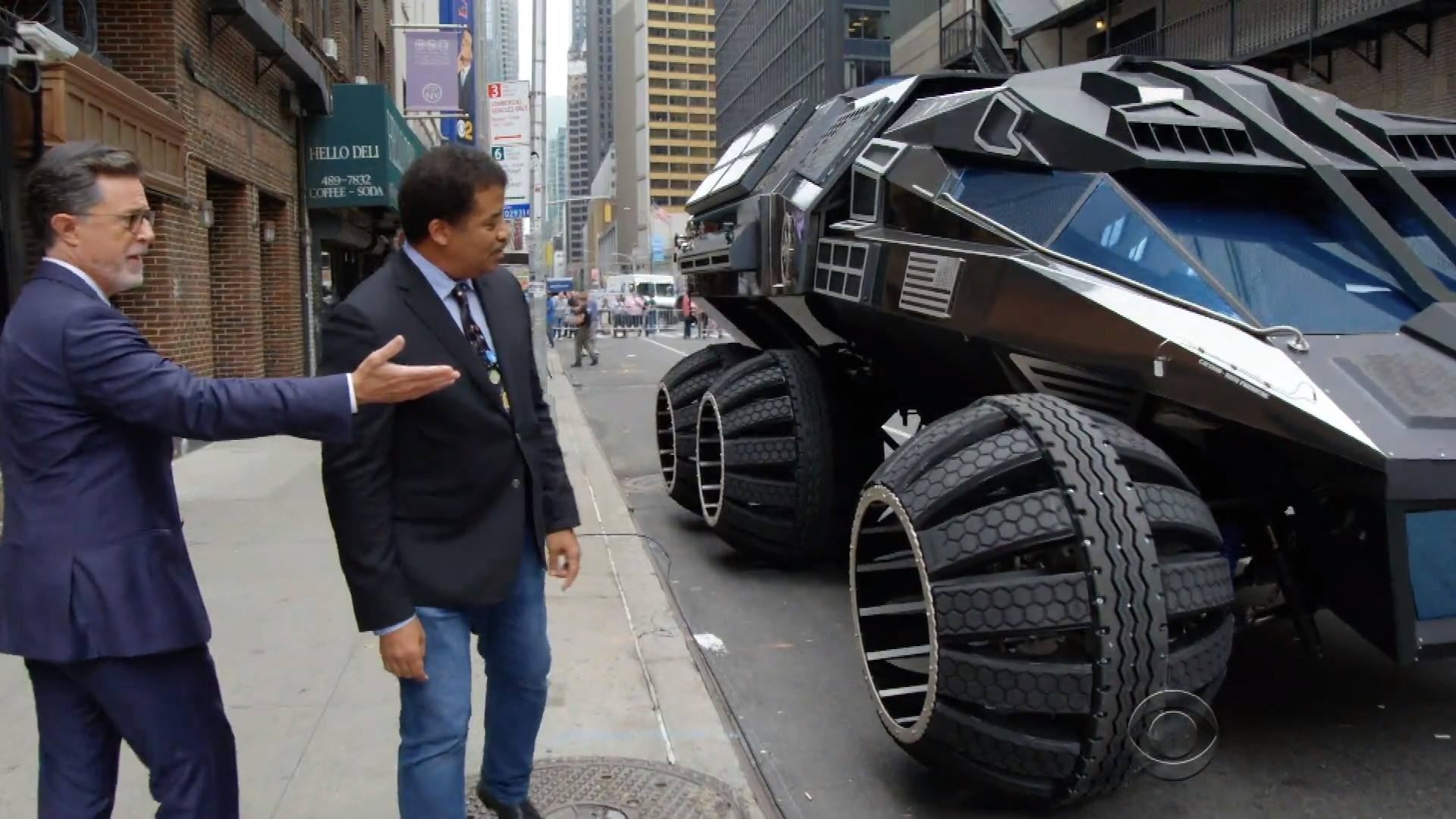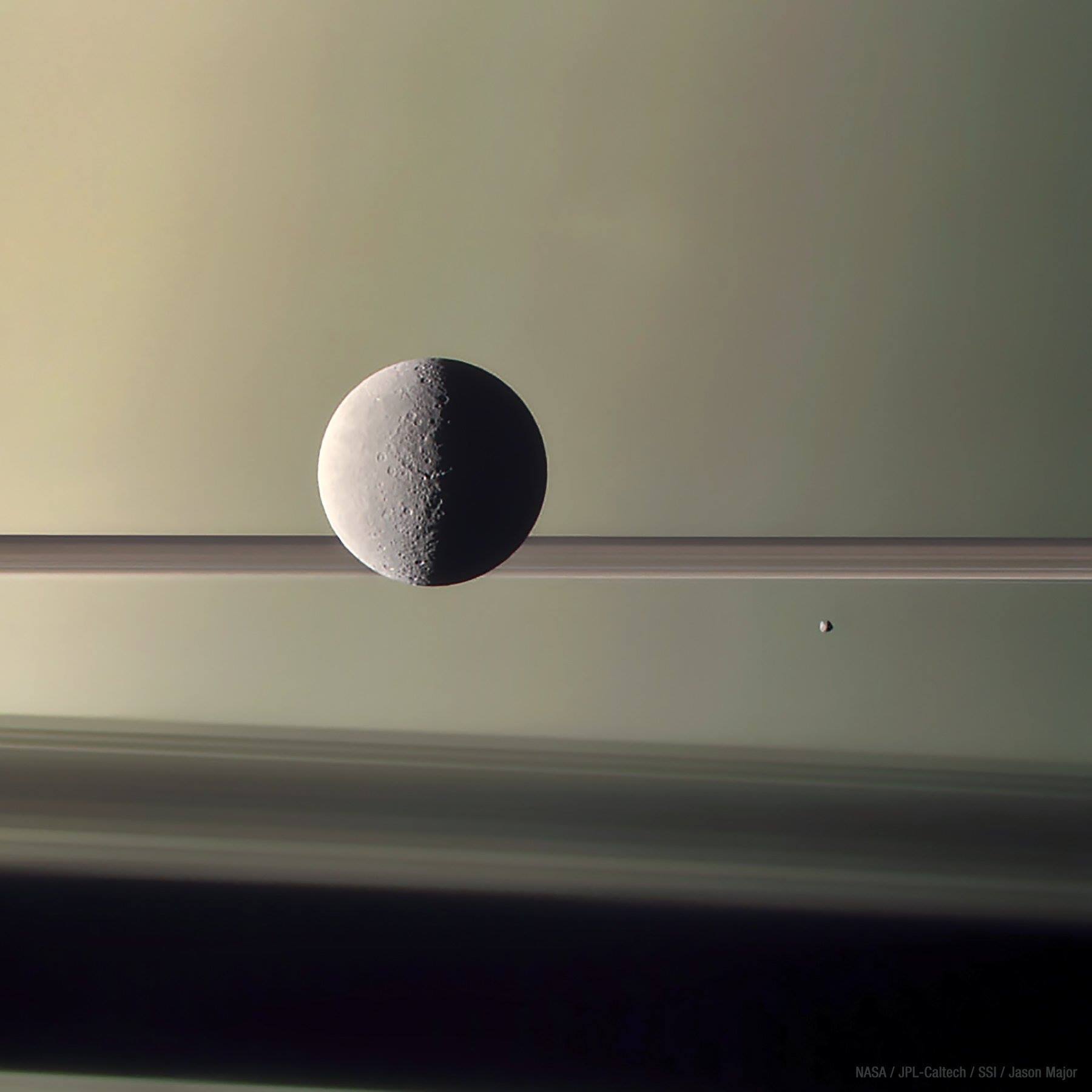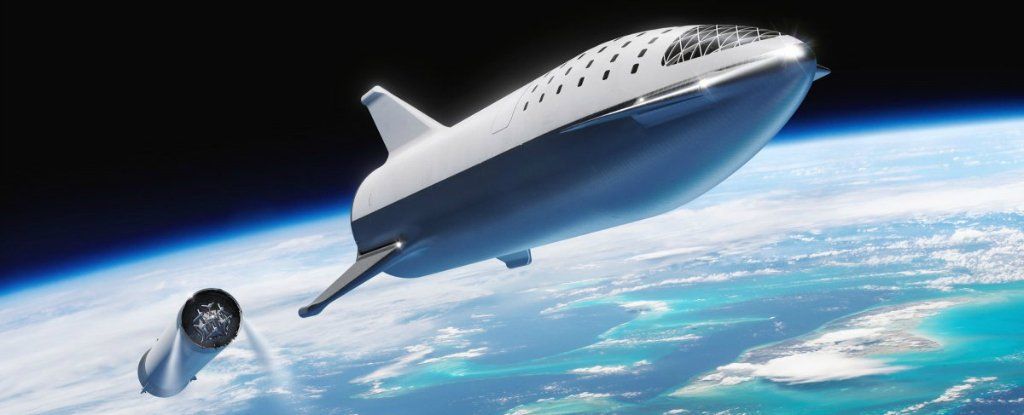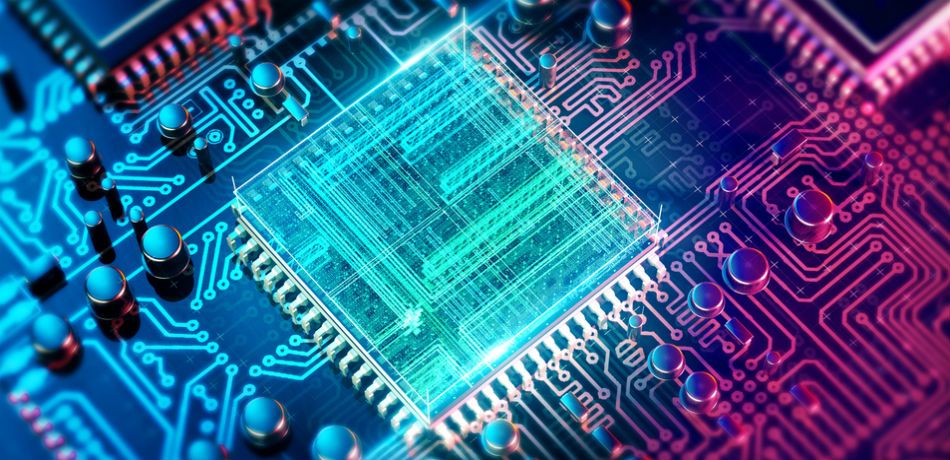Sep 24, 2018
Asteroids and comets as space weapons
Posted by Alexei Turchin in categories: asteroid/comet impacts, biotech/medical, existential risks, robotics/AI
A dual use research of concern (DURC) refers to research in the life sciences that, while intended for public benefit, could also be repurposed to cause public harm. One prominent example is that of disease and contagion research (can improve disease control, but can also be used to spread disease more effectively, either accidentally or maliciously). I will argue here that DURC can and should be applicable to any technology that has a potential dual use such as this.
Approximately 66 million years ago, a 10 km sized body struck Earth, and was likely one of the main contributors to the extinction of many species at the time. Bodies the size of 5 km or larger impact Earth on average every 20 million years (one might say we are overdue for one, but then one wouldn’t understand statistics). Asteroids 1 km or larger impact Earth every 500,000 years on average. Smaller bodies which can still do considerable local damage occur much more frequently (10 m wide bodies impact Earth on average every 10 years). It seems reasonable to say that only the first category (~5 km) pose an existential threat, however many others pose major catastrophic threats*.
Given the likelihood of an asteroid impact (I use the word asteroid instead of asteroid and/or comet from here for sake of brevity), some argue that further improving detection and deflection technology are critical. Matheny (2007) estimates that, even if asteroid extinction events are improbable, due to the loss of future human generations if one were to occur, asteroid detection/deflection research and development could save a human life-year for $2.50 (US). Asteroid impact mitigation is not thought to be the most pressing existential threat (e.g. artificial intelligence or global pandemics), and yet it already seems to have better return on investment than the best now-centric human charities (though not non-human charities – I am largely ignoring non-humans here for simplicity and sake of argument).
